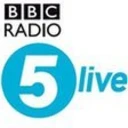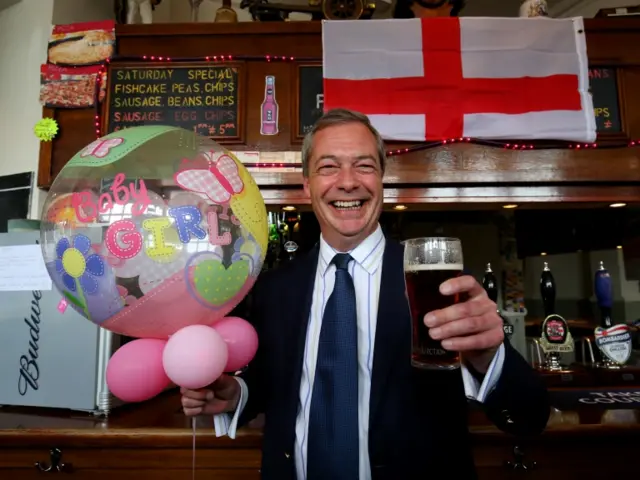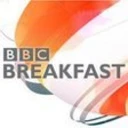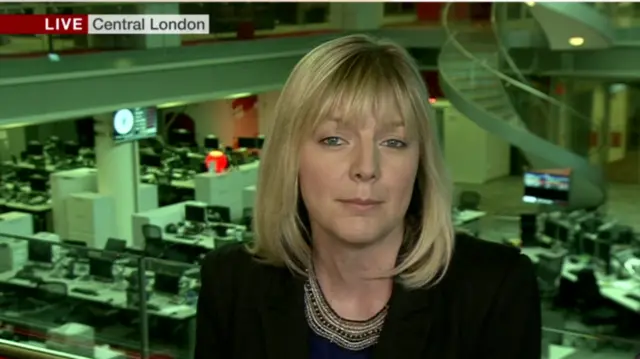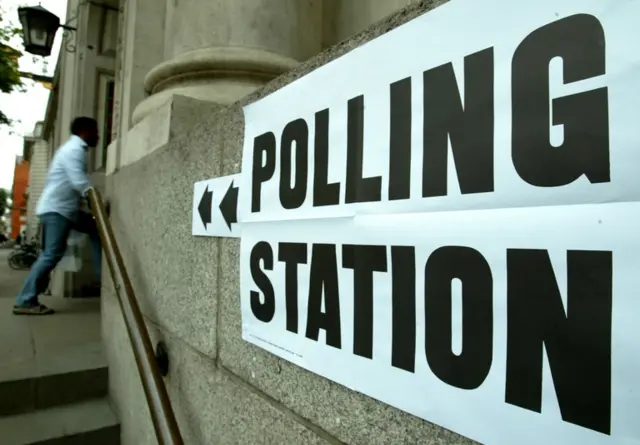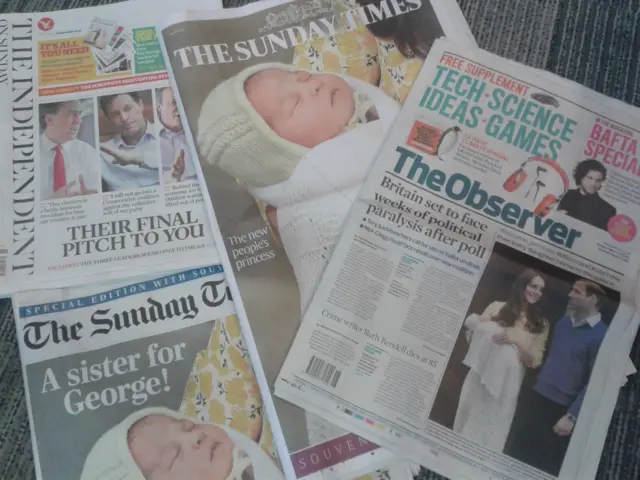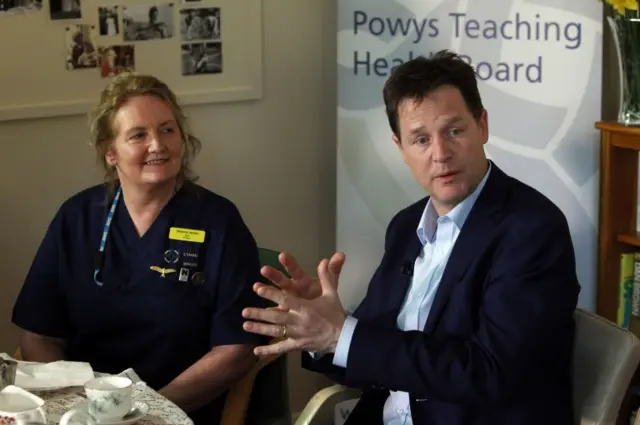Set in stonepublished at 07:46
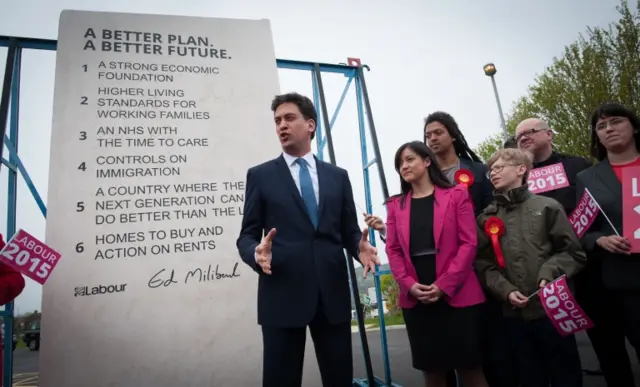 Image source, PA
Image source, PADavid Cameron says he'd pass a law to convince us his election promises are genuine - and Ed Miliband has literally had his set in stone. 8ft high stone no less. Today, the Labour leader is focusing on tuition fees - specifically his plan to reduce them from a maximum of £9,000 to £6,000 - and tying Nick Clegg's infamous U-turn with David Cameron's failure to achieve his "no ifs, not buts" promise to cut immigration.
Quote MessageNick Clegg and David Cameron have helped erode trust in all political leaders by the way they broke promises on issues like tuition fees and immigration after the last election. If I am prime minister I will keep our stone in a place where we can see it every day as a reminder of our duty to keep Labour's promises."
Ed Miliband
